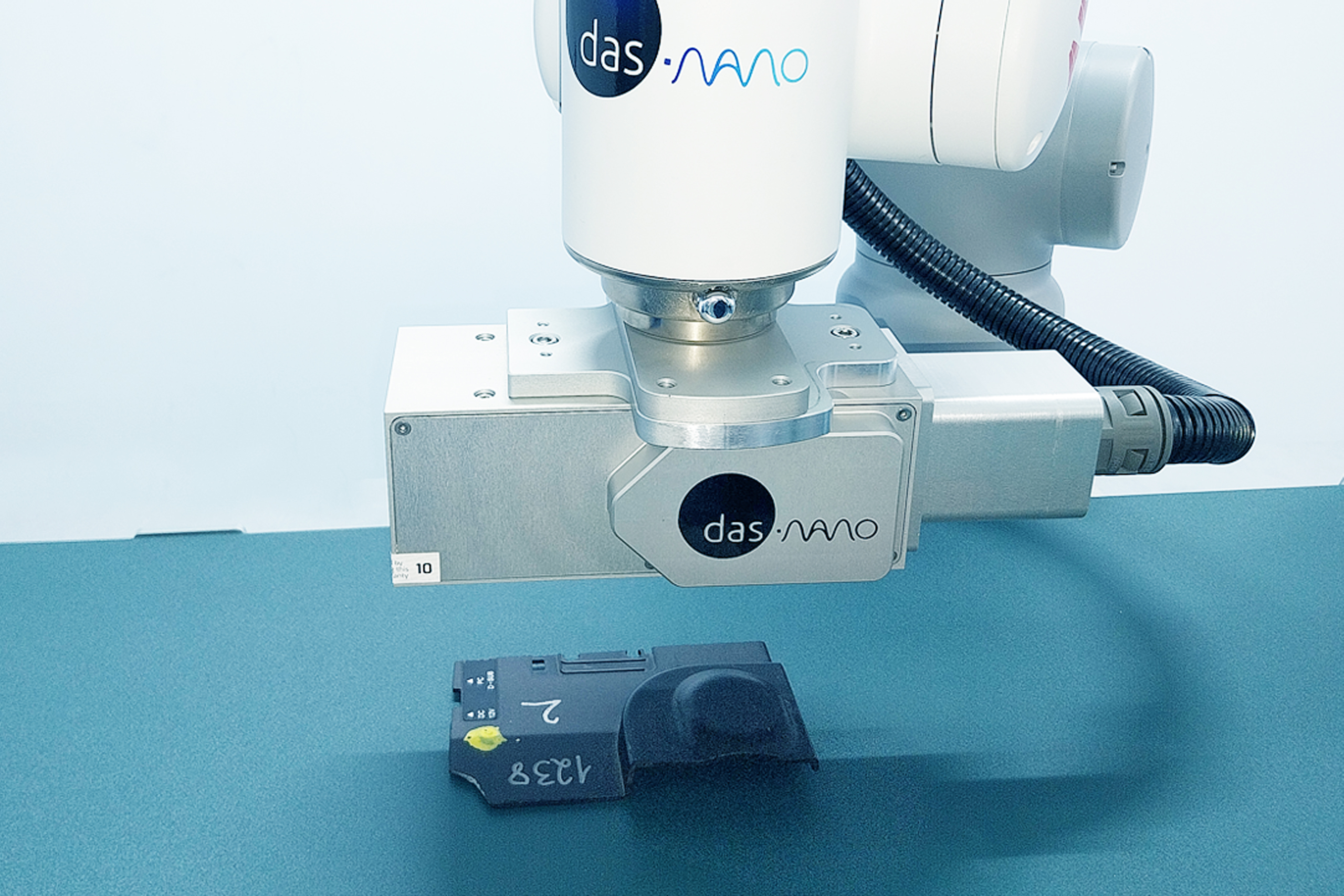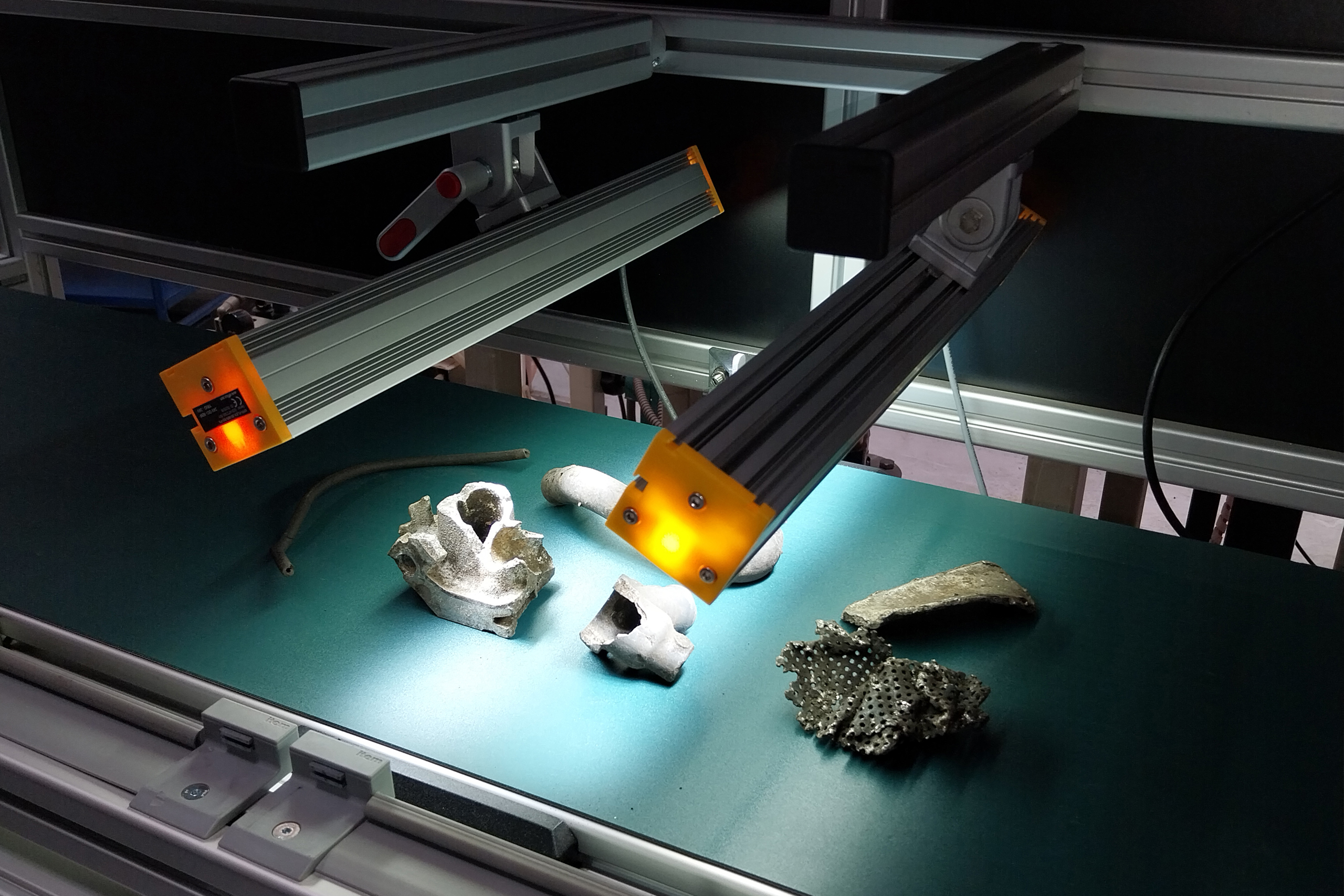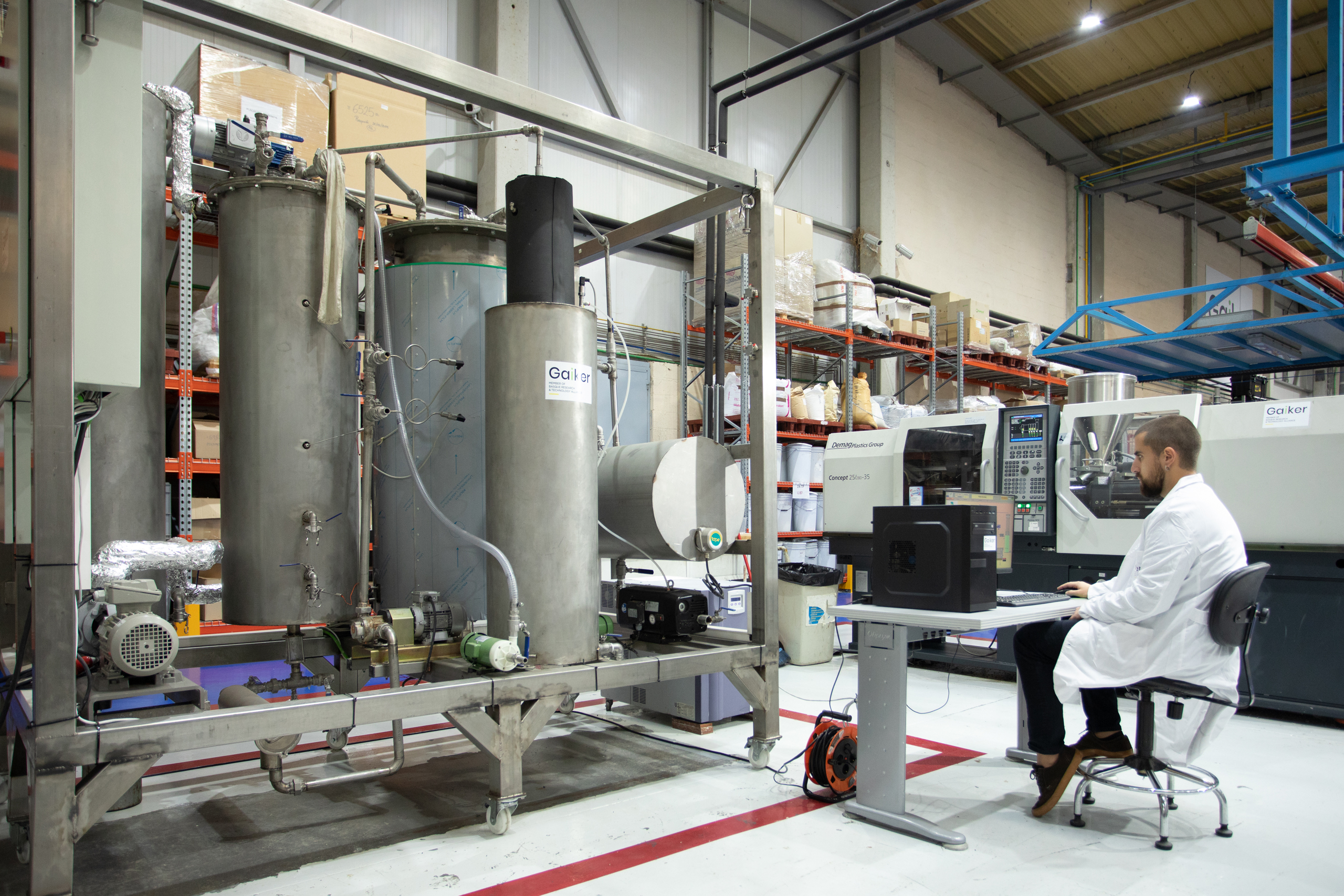GAIKER collaborated in creating new technological knowledge to lay the foundations for the smart digital transformation of the model for managing and processing light packaging waste
The SEPARA project “Technological transformation of the waste recovery sector to drive an effective circular economy in Spanish industry”, in which the GAIKER Technology Centre, a member of the Basque Research & Technology Alliance (BRTA) took part, was successfully completed after four years.
This research was carried out by a consortium of eight companies led by Ecoembes, an organisation that has promoted the recycling of plastic, metal, tetra pack, wood, paper and cardboard packaging in Spain since 1997. It obtained satisfactory results, achieving all the technical targets set and establishing a firm basis for future advances in the field of digitalising the sorting of waste. In this respect, smart systems have been incorporated at every stage of the process and a digital governance platform has been developed, which not only enables automated plant management, but also has the capacity to produce a wide range of outputs for stakeholders with different needs.
SEPARA is funded by the Centre for the Development of Industrial Technology (CDTI by its Spanish acronym) in its aid programme for Strategic Sectoral Initiatives for Business Innovation (the CDTI Missions Programme). SEPARA was created with the aim of creating new knowledge aimed at laying the technological foundations for the smart digital transformation of light packaging waste sorting plants, in order to increase their efficiency and productivity.
To this end, advanced optical technologies, robotic systems, artificial intelligence algorithms and massive data processing systems have been researched, validated, and applied to waste collection, the sorting plant (real-time characterisation of incoming waste, triaging unwanted waste, sorting packaging and monitoring the quality of recovered materials) and to the interconnection of the collection-plant environment.
This research has contributed to expanding and modernising the sorting and recycling capacity of plastic packaging and, therefore, to reaching the target proposed by Directive (EU) 20185/852, whereby all plastic packaging should be recyclable by 2030.
Project partners
The SEPARA project has included the involvement of Ecoembes (project leader), Minsait, Atria Innovation, Pixelabs, Piperlab, Picvisa, SpectralGeo and Trienekens.

This project has received a grant from the CDTI as part of the aid programme for Strategic Sectoral Business Innovation Initiatives (the CDTI Missions Programme) under record number MIG-20201006.




